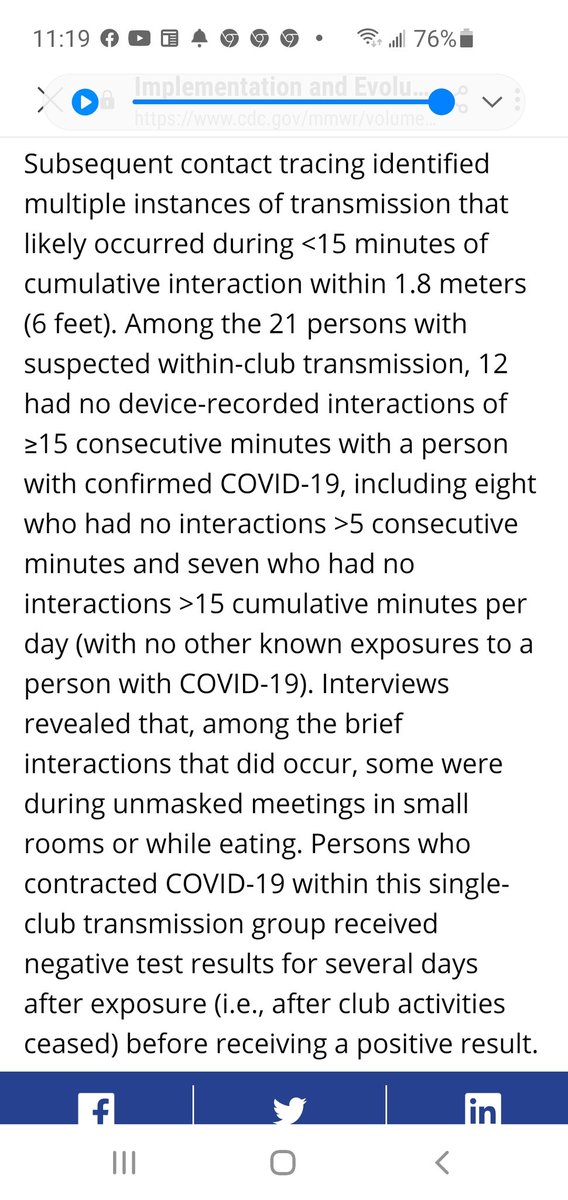
#BlackHistoryMonth - today's value is bold.
I talked with my girls about the boldness necessary to be "Unbought and Unbossed", Shirley Chisholm's slogan when she became the first woman and first Black woman to run for nomination of a major party as its candidate for President.
I talked with my girls about the boldness necessary to be "Unbought and Unbossed", Shirley Chisholm's slogan when she became the first woman and first Black woman to run for nomination of a major party as its candidate for President.
Shirley Chisholm was born in 1924 and died in 2005. She was relentless in breaking political barriers with respect to both race and gender. In 1968, Chisholm became the first black woman elected to the U.S. Congress, representing New York’s 12th for 7 terms from 1969 to 1983.
As both a New York state legislator and a congresswoman, Chisholm championed the rights of the least of us, fighting for improved education; health and social services, including unemployment benefits for domestic workers;
providing disadvantaged students the chance to enter college while receiving intensive remedial education; the food stamp program; and the Special Supplemental Nutrition Program for Women, Infants and Children program.
Chisholm noted that she faced more discrimination because of gender than race during her New York legislative career, while acknowledging the additional struggle that black women encounter specifically because of their race. Chisholm only hired women for her congressional office
Half of the women she hired were black. “Tremendous amounts of talent are lost to our society just because that talent wears a skirt,” she said.
In 1972, Chisholm became the first black candidate for a major party’s nomination for president of the United States,
In 1972, Chisholm became the first black candidate for a major party’s nomination for president of the United States,
AND the 1st woman to run for the Democratic Party’s presidential nomination.
Chisholm remarked in words that still resonate today that “in the end, anti-black, anti-female, and all forms of discrimination are equivalent to the same thing: anti-humanism.” – April Reign
Chisholm remarked in words that still resonate today that “in the end, anti-black, anti-female, and all forms of discrimination are equivalent to the same thing: anti-humanism.” – April Reign
My 8 y.o. asked me why she was taught that Hillary Clinton was the first woman to run for President on a major ticket. I clarified that HC was the first woman to win a major party's nomination, not the first to run. #BlackHistoryIsAmericanHistory
I almost talked to her about the concept of erasure, where Black people's accomplishments are erased from American History lessons, but I promised her that today's lesson would be solely uplifting, so I left that part out. But we're all grown, we can talk about it on here.
• • •
Missing some Tweet in this thread? You can try to
force a refresh






